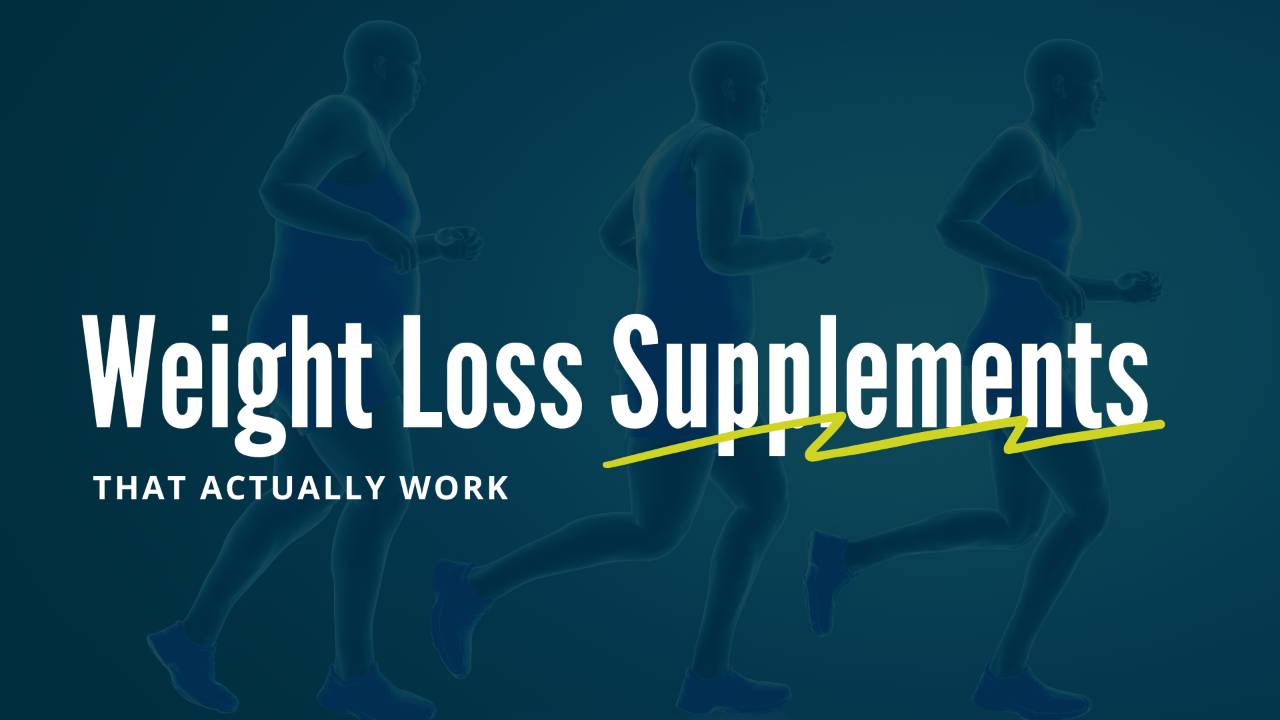
Weight Loss Supplements that Work: ALA, Berberine, B12, Probiotics & Vitamin D
Jul 18, 2025Achieving sustainable weight loss in today’s metabolic storm requires more than just willpower—it demands a deeper dive into the biochemistry of fat loss, energy production, and inflammation.
While GLP-1 medications have become the latest headline, it's crucial not to overlook the foundational nutrients that support metabolism, insulin sensitivity, and gut health. There are a million products on the market, so how and what do you choose? You want weight loss supplements that work!
As a clinician looking to amplify outcomes, these five powerhouse supplements—Alpha-Lipoic Acid (ALA), Berberine, B12, Probiotics, and Vitamin D—deserve a spot in your weight loss protocol.These supplements are quick and easy to implement and your patients will thank you.
Alpha-Lipoic Acid (ALA): The Mitochondrial Metabolism Booster
ALA is a potent antioxidant that enhances glucose utilization and improves insulin sensitivity, two core drivers of weight regulation. It supports mitochondrial energy production, reduces oxidative stress, and has been shown to help reduce body weight and waist circumference when used consistently.
Clinical Tip: ALA may enhance results for patients with insulin resistance, PCOS, or metabolic syndrome.
Berberine: The Natural AMPK Activator
Berberine works on a cellular level by activating AMPK—a master regulator of metabolism. It promotes fat burning, regulates blood sugar, and can reduce cravings and appetite. In many cases, Berberine offers metformin-like benefits—without the GI upset.
Clinical Tip: Consider Berberine for patients who aren’t ready for Rx weight loss meds or need additional support.
B12: The Energy Amplifier
Vitamin B12 plays a key role in fat and carbohydrate metabolism. Deficiencies can lead to fatigue, brain fog, and stubborn weight plateaus. In weight loss programs—especially those involving restrictive diets—ensuring optimal B12 status is essential for energy, adherence, and mood stabilization.
Clinical Tip: Ideal for patients on vegan/vegetarian diets, or those with GI absorption issues.
Probiotics: Reset the Gut, Reset the Weight
Your gut microbiome influences everything from cravings to calorie extraction to inflammation. Specific probiotic strains can help reduce visceral fat, rebalance hormones like leptin and ghrelin, and improve insulin sensitivity—making weight loss easier and more sustainable.
Clinical Tip: Probiotics are a must for post-antibiotic care, bloating, or chronic GI complaints during weight loss.
Vitamin D: The Inflammation Regulator
Often overlooked, Vitamin D plays a pivotal role in body composition, immune regulation, and metabolic health. Low levels are associated with increased fat storage, insulin resistance, and mood disturbances. Ensuring adequate Vitamin D can improve motivation, energy levels, and even support lean muscle development.
Clinical Tip: Always check baseline 25(OH)D levels in weight loss clients—especially those with fatigue, depression, or autoimmune conditions. Aim for a level >50.
Bottom Line
Weight loss isn’t just about calories in and out—it’s about optimizing cellular function, inflammation, and hormonal balance. Supplements like ALA, Berberine, B12, Probiotics, and Vitamin D can be game-changers when used as part of a personalized, functional weight loss plan. Remember, you want weight loss supplements that work for your patients and enhance their outcomes!
Whether you're enhancing your clinical protocols or optimizing your personal health, this natural lineup can help reset your metabolism, reduce inflammation, and support sustainable results.
✨ Curious about how to integrate these into your practice or regimen? Take a deep dive into what affects your patients' weight, from hormones to medications and what you can do to help with our Pharmacology for Weight Loss course.


